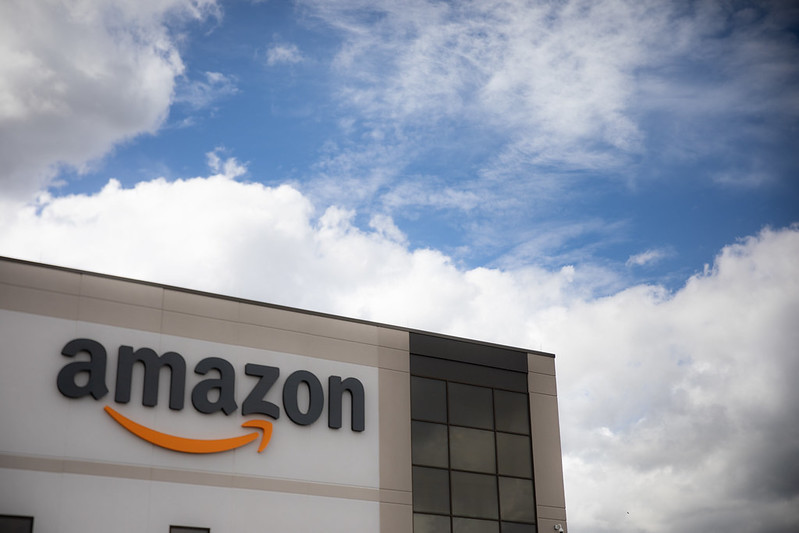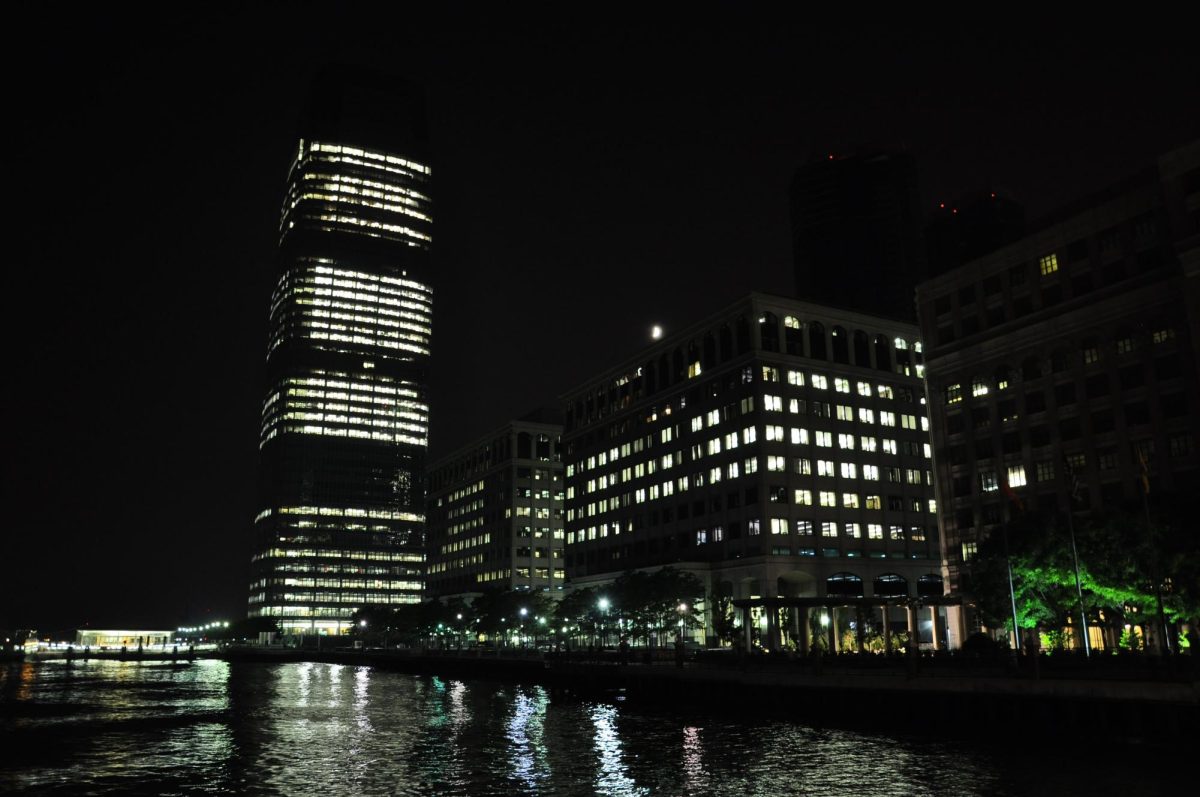The Federal Trade Commission and 17 states sued Amazon.com, Inc. on Sept. 26, accusing the online powerhouse of using anti-competitive tactics to unlawfully preserve its monopolistic dominance. Amazon shares slumped approximately 4% after the announcement.
“Sellers are paying 1 of every $2 to Amazon,” FTC Chair Lina Khan said at a news conference. “Shoppers are paying higher prices as a result, not just on Amazon but across the internet. And the public as a whole has been deprived of the benefits of open and fair and free competition.”
The accusation revolves around Amazon discouraging sellers from lowering prices below what is available on Amazon, causing price increases to ripple across the web. Amazon can push discounting sellers further down its search results, drastically diminishing visibility for merchants.
Additionally, Amazon places substantial pressure on sellers to acquire eligibility through its Prime service, giving them access to Amazon’s in-house fulfillment service. Consequently, this makes it more expensive for sellers to offer their products on alternative platforms. This action formed the basis for Khan’s accusation of the company abusing its power as sellers already have to pay close to 50% of their total revenues to Amazon after layers of fees.
The FTC, an autonomous U.S. agency with the primary goal of shielding consumers from fraud, deception and unjust business practices, took several actions to counter Amazon this year. These measures encompass issues such as automatic Prime subscription renewals, mishandling of children’s data collected through Alexa devices and unlawful access to data acquired through Ring cameras. On May 31, Amazon agreed to pay over $30 million to resolve the data-related complaints surrounding Alexa and Ring.
In recent years, tech giants have faced a magnitude of lawsuits, including household names like Google’s parent company Alphabet Inc. and Meta Platforms Inc. Both companies have faced allegations of violating antitrust laws. The lawsuit aligns with past legal challenges due to similar claims of abusive actions, ultimately decreasing competition in the market.
Many attribute the widespread crackdown on big tech to Lina Khan’s ideological perspective. She was appointed as chair by President Biden in June 2021, ushering in an era of aggressive enforcement approaches toward the technology industry. Only a few weeks following her inauguration, Amazon formally requested that she be recused from any antitrust matters concerning the company, most likely due to her long history of criticizing the company’s methods.
Some critics of the FTC argue that the lawsuit will have detrimental effects on consumers rather than benefitting them.
“If the FTC gets its way, the result would be fewer products to choose from, higher prices, slower deliveries for consumers and reduced options for small businesses — the opposite of what antitrust law is designed to do,” David Zapolsky, Amazon’s general counsel, said in a statement. “The lawsuit filed by the FTC today is wrong on the facts and the law, and we look forward to making that case in court.”
The complaint was filed in the U.S. District Court for the Western District of Washington. Khan took a relatively conservative approach to possible punitive actions, but the personal liability of Amazon’s executives and a break-up of Amazon are all possibilities that remain viable. It will likely take several years before a final ruling is reached.
“Ultimately, you will want to make sure that any remedy is halting the illegal conduct, preventing a recurrence and ensuring that Amazon is not able to profit and benefit from its illegal behavior,” Khan said. “When we get to the issue of remedy, those are going to be the principles we’ll be focused on.”








